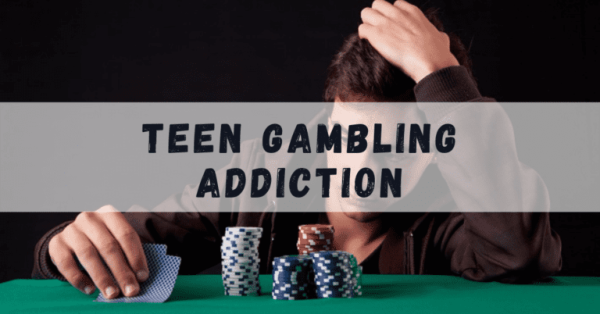What Do Our Dreams Say About Ourselves?
Where can you be the king or queen of a mystic land, fly in the sky like Superman, or see deceased loved ones? Everyone knows the answer to that question: in your dreams! Even though we all can answer that simple question, there are many more questions that we haven’t uncovered about dreams. Simply put, dreams are a mystery yet to be fully solved by even the most brightest of scientists; however, there are some things we do know about them.
From what scientists know so far, dreams are essentially stories and images our brain generates while we sleep. Sometimes we remember them, sometimes we forget them, and sometimes we don’t have them at all. Dreams can give us a handful of emotions. They can make us feel sad, happy, scared, or even excited. What is even more crazy is that when we put our head against the pillow the night before, we don’t know what emotion we’re going to feel when we wake up. Dreams can occur anytime during sleep, although the most vivid dreams, according to WebMD, happen during deep, REM (rapid eye movement) sleep when the brain is the most active.
Although it may come as a surprise, some experts say that people dream at least four to six times a night. Nevertheless, if one starts thinking about the dreams they had the night before, it is highly probable he or she might not remember it.
Ernest Hartmann, professor of psychiatry at Tufts University School of Medicine and director of the Sleep Disorders Center at Newton-Wellesley Hospital asserts, “In general, we are very good at forgetting nonessentials. Although most dreams vanish, certain ones tend to remain. These dreams were so beautiful or bizarre, they captured our attention and increased activity in our DLPFC (dorsolateral prefrontal cortex-a region in the brain that controls memory).” Thus, if your dream was very enjoyable or ridiculously strange, you’re more likely to remember it.
One example of an extremely weird dream was that of Olympic Heights student Sebastian Garcia. In his dream he recalls, “I saw a mermaid in a swamp, and every time I swam around her I only saw her hair, until I approached her and woke up.” He explained that the reason why the dream stayed with him was because it just so bizarre.
Additionally, middle school teacher A’ylene Perry also had a very peculiar dream about two years ago, and she still remembers it vividly to this day. About four years ago, her only brother of 38 years tragically died of a brain aneurism, leaving behind his wife and young children. Much to her surprise, two years ago she dreamt of walking down the steps of her house into the kitchen and seeing a younger version of her brother standing there. “I knew he was dead,” she says, “I asked him what he was doing there. He replied that he only had one year and then he had to go back, and then I woke up.”
The dream didn’t just affect her mentally, but also physically as well. She articulates, “Every bone and muscle in my body ached; it felt like a truck had hit me the next day.”
There are many varying opinions as to what dreams mean. Some experts claim that dreams have no connection to our real thoughts and emotions. They emphasize that dreams are just strange stories that don’t relate to our everyday lives. While that argument may or may not seem convincing, other researchers claim that dreams could reflect our own underlying thoughts and feelings: our deepest desires, fears, and concerns, especially recurring dreams.
OH sophomore Saffron Fryer had a recurring dream about her life goal of becoming a dancer. In her dream, she obtains self-satisfaction for her dancing. “I was performing my favorite dance solo on Broadway,” she explains. “Everyone was watching me, and when I finished the routine, I received a huge applause.” This dream has a lot of value to Saffron as it repeatedly tells her that she will be successful, and her hard work will pay off. This is likely one of her most inner desires.
Sigmund Freud, a famous Austrian neurologist believed that dreams were a window into our subconscious. In his book The Interpretation of Dreams, he states that “dreams are the royal road to the unconscious.” He held that dreams reveal a person’s unconscious desires, thoughts, motivations, and are a way for people to satisfy those urges and wishes unacceptable in the real world.
Another OH student, wishing to remain anonymous, specified that his most memorable dream was of him flying in the sky. He walked out the front door of his house and instantly took off in the air. He looked down below and observed that people seemed like the size ants. He recalls, “That dream was so memorable because it was very magnificent and stunning to look at the entire world from a new point of view.” He adds, “Then shortly after I dropped back down, I was at school and welcomed back to reality again.”
Frequently, many people have similar dreams such as falling off a cliff, being naked in public, or being chased. These dreams are likely caused by a hidden stress or anxiety. While dreams may be similar, experts argue that dreams are unique for each individual person. Consequently, many specialists say not to rely on dream dictionaries, which explain the connotation behind a specific image or symbol.
When all is said and done, there are an endless number of things we don’t know about dreams. Even ancient philosopher Aristotle had his own speculations about the meaning of dreams. He once said, “Hope is a waking dream.”











